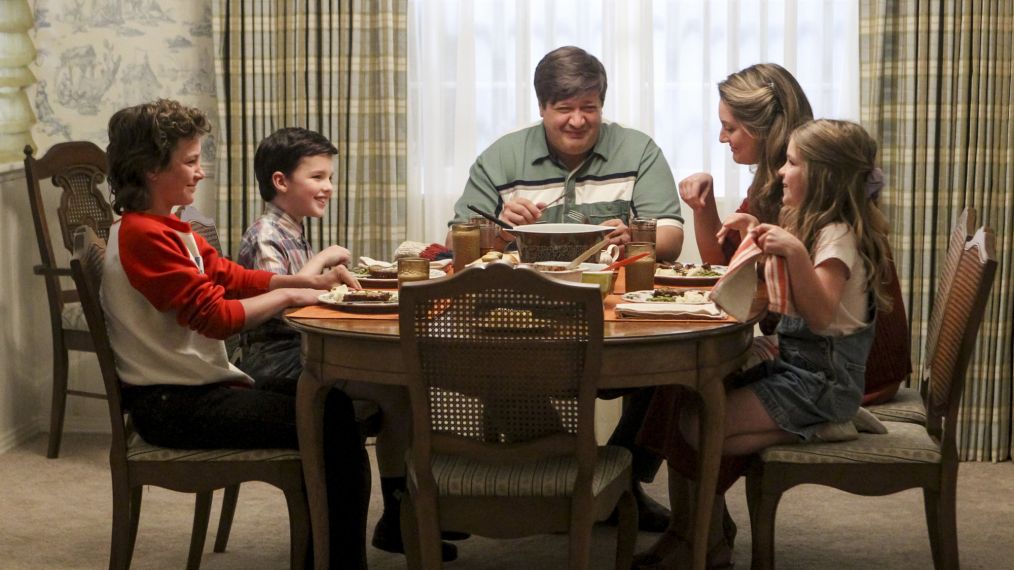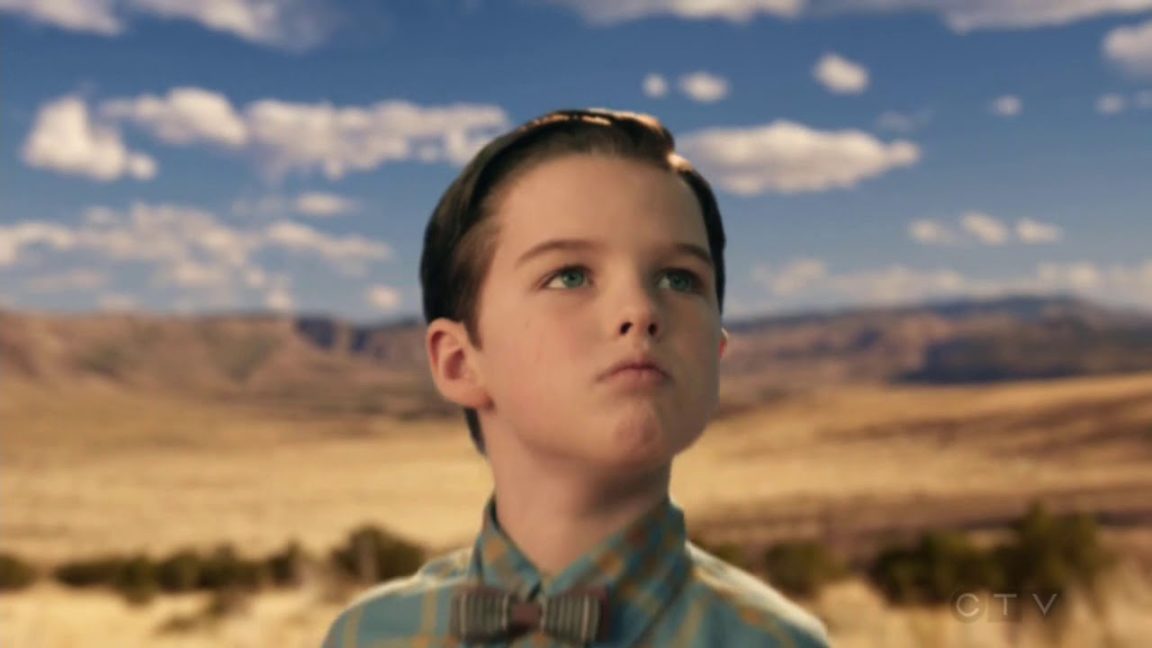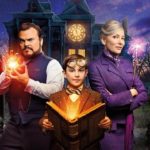Spinoffs are nothing new in the realm of Television, so it was natural for some fans to be skeptical of Young Sheldon when it was first announced. Many believed it was nothing more than a cash grab, which most spinoffs tend to be. And while some have done quite well, such as Frasier, Better Call Saul, and Mork and Mindy, others have been disastrous like Joey, The Brady Brides or Joanie Loves Chachi. The sad fact is, the number of terrible spinoffs far outweighs the number of quality ones. Young Sheldon pulled off the miraculous feat of being even better than its predecessor, for a variety of reasons.
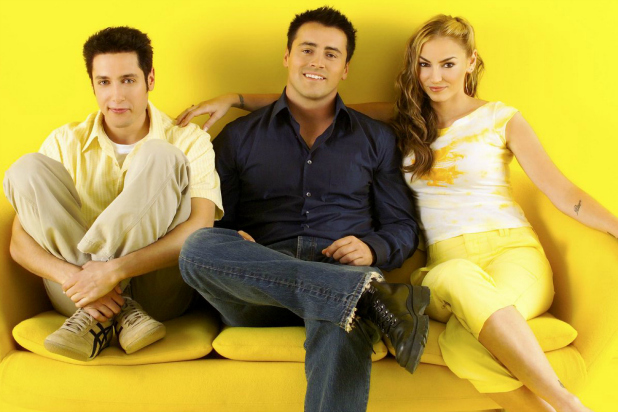
Single vs. Multi Camera Setup
Young Sheldon is a unique example of a spinoff series adopting a completely different style than its predecessor. The Big Bang Theory is the typical four camera sitcom, complete with live studio audience. In most other cases, Young Sheldon would have been done the same way, but producers decided to go with the single camera setup, and it works very much to the show’s benefit. Sitcoms rely on a live audience or laugh track, to convey the viewer when a joke has been said.
And the jokes are usually the same repeated stereotypes or simplistic clichés that have been present since the beginning of the series. In the case of TBBT, there’s usually a joke about Sheldon being smart but out of touch, Raj being feminine, Howard being creepy, Leonard being short and nonathletic, and Penny being promiscuous. Watch any episode and most, if not all of the jokes will pop up, followed by laughter so that you know when to laugh.
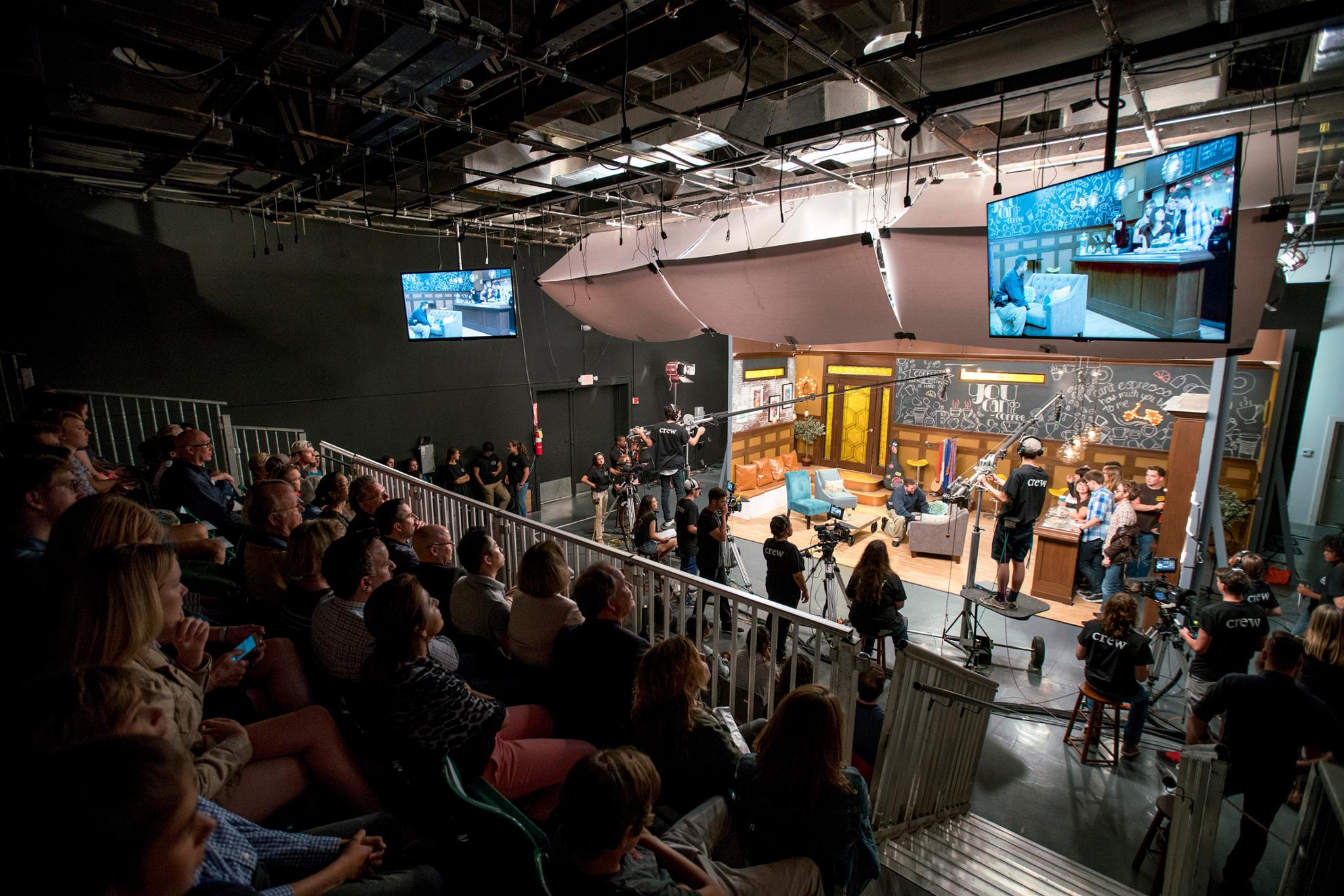
However, single camera comedies are shot more like films. There’s no audience, and because of it, the camerawork/lighting can be more creative, the acting and jokes can be more subtle, and the sets can look like real places rather than obvious studio stages. While TBBT must rely on characters telling amusing stories to get a laugh, YS can show rather than tell, due to more freedom with filming locations and what logistically can and can’t be done on a stage. The four camera setup is a dying breed, whose heyday in the 70s/80s has long since passed.
Sheldon’s Character
While Sheldon’s always been a fan favorite on TBBT, there is something compelling about seeing him as a child. It would have been so easy to make the series cheesy and gimmicky, but the writers and producers did an excellent job fleshing out the character. Audiences see a Sheldon who, while still a genius, has an innocence and naïveté to him. Because he’s still only 9 years old, he doesn’t have so many years of the world rejecting him, thus developing his bitterness about society we see in the later series. He seems to try to fit in more, and wants others to be more like him. It’s very fascinating to see how he was before completely isolating himself from the world, something that it takes the other characters many seasons to break him of.
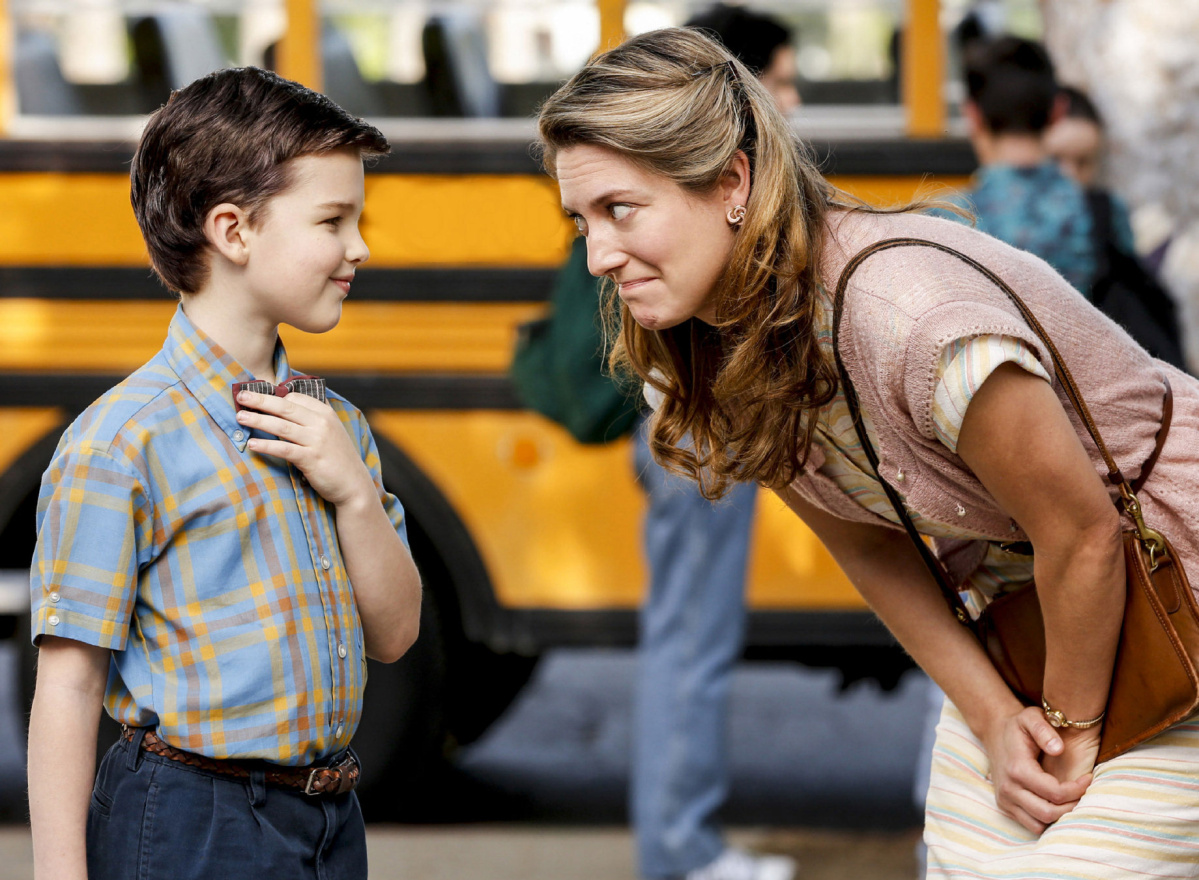
Because Sheldon is less annoying than he would later become, the audience has an easier time sympathizing with him. In TBBT, he’s portrayed as an insufferable nerd, but still among a group of nerds. In YS, he’s really the only character with a genius level IQ, and because of this he feels all the more like a fish out of water. There’s also the fun bonus of the late 80’s nostalgia; with references to Rambo and Rocky IV, as well as Sheldon’s desire to work at RadioShack. It helps to give the series a strong sense of setting.
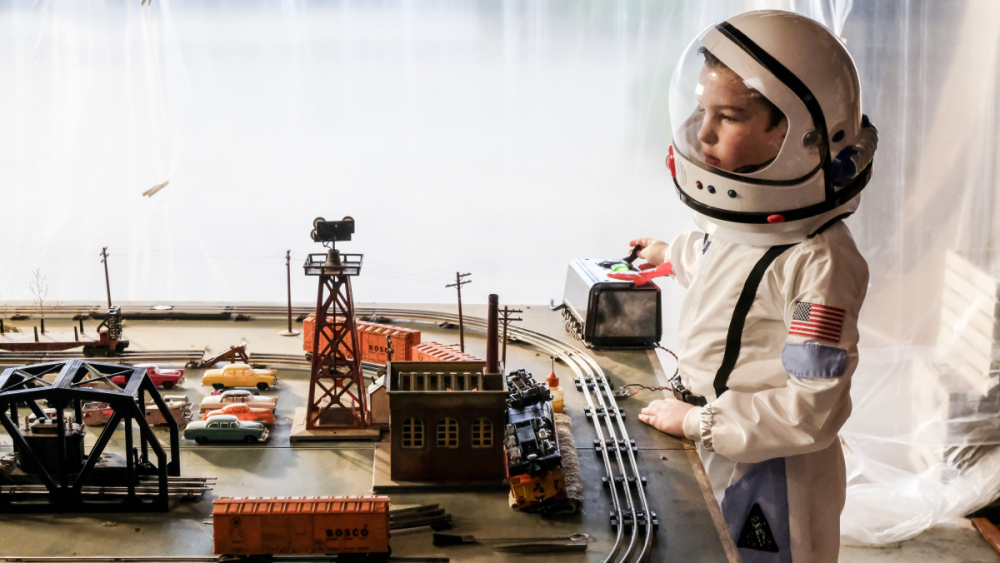
For Geeks vs. About Geeks
As previously stated in this article, TBBT makes a habit of simply making jokes at the expense of geeks being geeks. It feels very much like the point is to laugh at them for being strange. And while some of the jokes in YS follow suit with that, there’s much more to the humor. Because Sheldon doesn’t fit in among a family of idiots, geeks and nerds can watch the series and identify with him a great deal. It never makes fun of him simply for being different.
It’s also much more heartfelt than its predecessor. TBBT occasionally has “dramatic” moments, complete with the studio audience either gasping or saying, “Awww”. But it feels much more genuine here. Sheldon may be a genius, but he’s still just a boy and he still needs guidance and love, which he gets a great deal of from his parents and grandmother. Sure it feels contrived at times, but compared to the cliché, on the nose nature of TBBT, it’s just very refreshing to see. Hopefully YS lasts a few more seasons, but not so many that it wears out its welcome like TBBT did.
